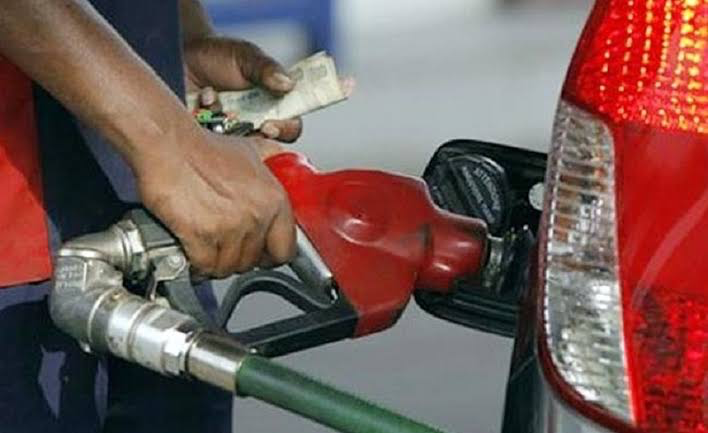Nigeria, Africa’s largest oil producer, has the cheapest petrol price in West Africa, even after the recent devaluation of its currency, the naira, against the US dollar. According to data from Global Petrol Prices, a website that tracks retail prices of refined petroleum products, the cost of petrol in Nigeria stood at $0.39 per liter as of February 19, 2024. This is lower than the prices in neighboring countries such as Liberia ($1.01), Ghana ($1.12), Benin ($1.13), and Togo ($1.14).
The low petrol price in Nigeria is partly due to the subsidy that the government pays to keep the commodity affordable for consumers. The government claims that it has removed the subsidy on petrol, but analysts say that the subsidy is still in place, albeit reduced. The Major Energy Marketers Association of Nigeria (MEMAN) estimates that the landing cost of petrol is about N1,000 per liter, based on the official exchange rate of N1,555 per dollar. However, the pump price of petrol is capped at N617 per liter, implying a subsidy of N383 per liter.
The subsidy on petrol has been a contentious issue in Nigeria for decades, as it consumes a large chunk of the government’s budget and encourages smuggling, corruption, and inefficiency in the oil sector. The government has repeatedly tried to remove or reduce the subsidy but faced resistance from labor unions, civil society groups, and the general public, who fear that higher petrol prices would lead to inflation, hardship, and social unrest.
The subsidy also creates a huge price differential between Nigeria and its neighbors, which makes it attractive for smugglers to buy petrol in Nigeria and sell it across the border at higher prices. This deprives the government of revenue, drains the country’s foreign exchange reserves, and undermines the local refining industry. According to the Nigeria Extractive Industries Transparency Initiative (NEITI), a government agency, Nigeria lost about $12.74 billion or N4.325 trillion to oil theft between 2017 and 2021.
Some experts have called for a transparent review of the fuel pricing structure and a gradual phasing out of the subsidy while ensuring adequate supply and distribution of petrol across the country. They also advocate for the diversification of the economy away from oil dependence and the promotion of alternative sources of energy, such as solar, wind, and gas.
However, others argue that the subsidy is necessary to cushion the effects of the naira devaluation, which has eroded the purchasing power of Nigerians and increased the cost of living. They say that the government should focus on improving the security and infrastructure of the country, as well as strengthening the regulatory and institutional framework of the oil sector, to curb oil theft and smuggling.
The debate over the subsidy is likely to continue, as the government faces the challenge of balancing its fiscal and social responsibilities while pursuing its long-term vision of a sustainable, clean-energy future.
Source: Business Day



